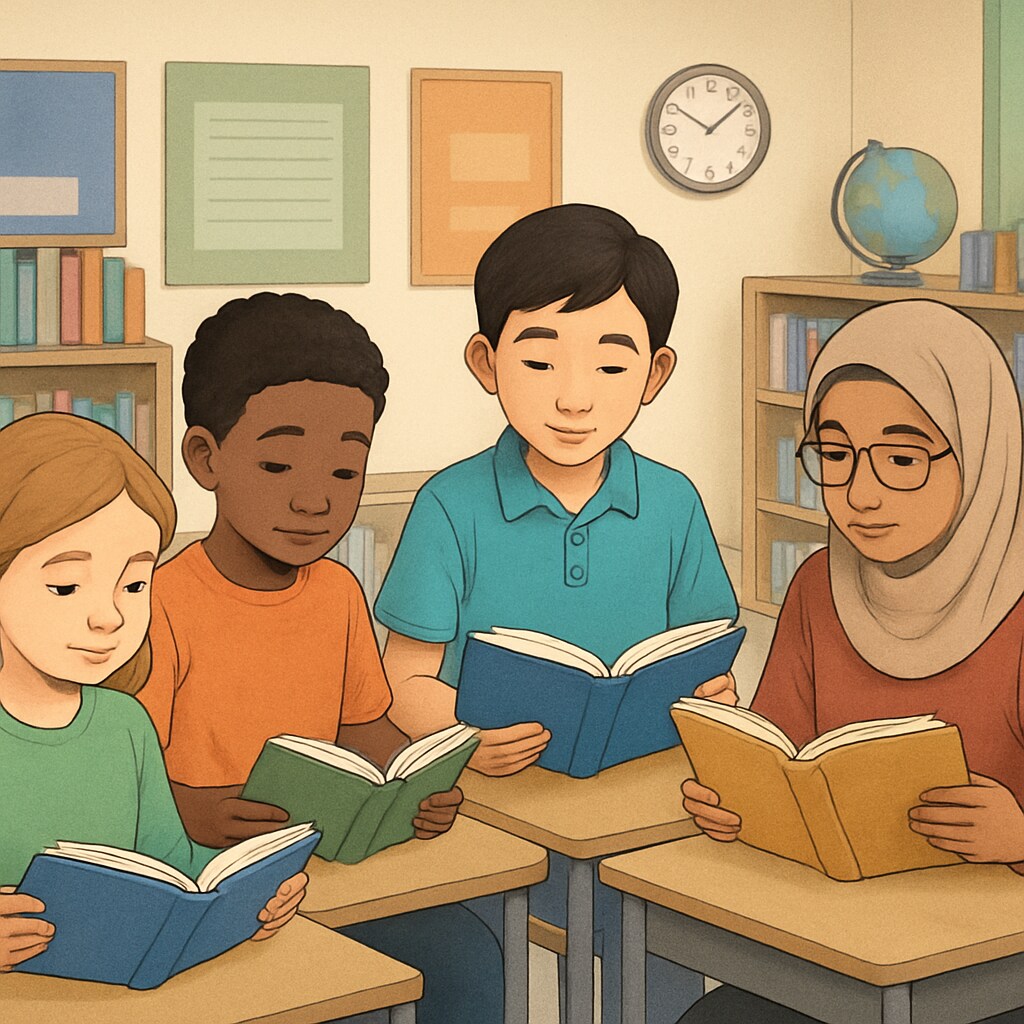Reading comprehension, text complexity, and teacher volunteers form the cornerstone of a new wave of impactful educational research. As literacy remains a foundational skill for students’ success, understanding how text complexity influences comprehension is vital. Teachers, with their hands-on experience and deep understanding of student needs, are uniquely positioned to contribute to this field. By dedicating just 30 minutes of their time, educators can help drive the development of innovative strategies that enhance reading outcomes for K-12 students.
The Importance of Teacher Participation in Text Complexity Research
Teachers are more than just facilitators of learning; they are invaluable sources of insight for educational research. Classroom experiences provide teachers with a front-row seat to observe how students interact with reading materials. These observations are crucial for studies focusing on text complexity—a measure of how challenging a text is to understand based on factors such as vocabulary, sentence structure, and subject matter.
When teachers contribute to research on text complexity, they help bridge the gap between theoretical models and practical classroom applications. Their input ensures that findings are not only academically sound but also practical for real-world use. For example, by identifying which types of texts promote engagement and comprehension, teachers can help researchers develop tailored reading strategies that address the diverse needs of students.

How Text Complexity Research Benefits K-12 Education
Understanding text complexity is essential for creating effective reading programs in K-12 education. Research in this area can inform educators about the types of texts that are appropriate for different grade levels, cognitive abilities, and learning styles. For instance, younger students may benefit from texts with simple sentence structures and familiar vocabulary, while advanced readers may thrive on more complex materials that challenge critical thinking skills.
Furthermore, insights from text complexity research can help teachers identify and address common barriers to reading comprehension. Whether it’s unfamiliar vocabulary, dense syntax, or abstract concepts, knowing what makes a text difficult allows teachers to adapt their instruction accordingly. As a result, students are more likely to stay engaged, build confidence, and develop stronger reading skills.
In addition, these research findings can contribute to the development of standardized reading assessments and curriculum materials. By aligning these tools with evidence-based insights, educational systems can ensure that students are being challenged appropriately, without being overwhelmed.

How Teachers Can Get Involved
Participating in text complexity research is easier than you might think. Most studies require a minimal time commitment—often just 30 minutes. During this time, teachers might review sample texts, provide feedback on their perceived complexity, or share observations about how their students interact with certain reading materials.
Here’s how teachers can get started:
- Look for research opportunities through local universities or educational organizations.
- Connect with professional networks or online platforms dedicated to teacher development.
- Participate in surveys, focus groups, or pilot studies related to reading comprehension.
- Encourage colleagues to join in and share their experiences to create a richer pool of data.
By taking these simple steps, teachers not only contribute to the advancement of educational research but also gain access to valuable resources and insights that can enhance their own teaching practices.
Conclusion: A Small Effort, a Big Impact
Involving teachers in reading comprehension and text complexity research is a win-win situation. By volunteering their time and expertise, educators play a pivotal role in shaping strategies that improve literacy outcomes for students across the globe. The insights gained from these studies can transform the way we approach reading education, making it more effective and inclusive.
So, if you’re an educator looking to make a difference, consider joining the effort. Your 30-minute contribution could lead to a lifetime of benefits for your students, helping to cultivate stronger readers and more confident learners.
Readability guidance: Use short paragraphs and bullet points to summarize key ideas. Incorporate transitions such as “for example,” “in addition,” and “as a result” to enhance flow. Ensure a balance of active voice and concise sentences throughout.


